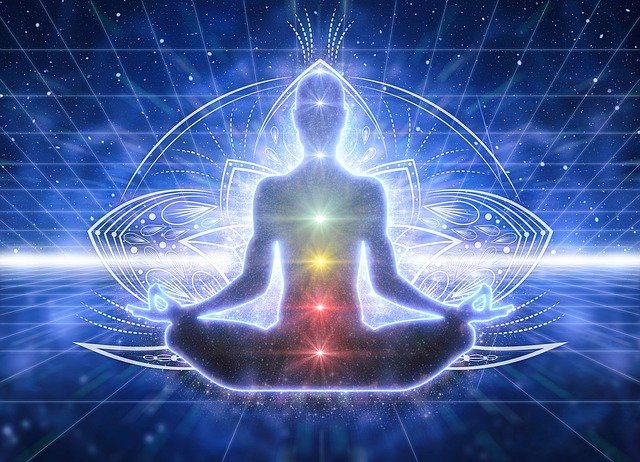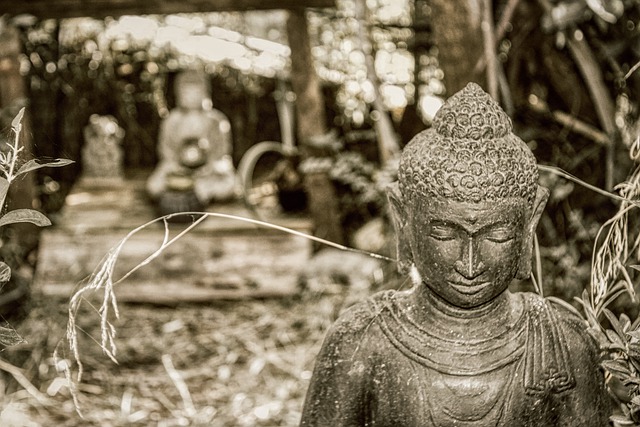Hier eine Übersetzung ins Deutsche (mit Dank an Matthias Jamin.)
Tantra teachers (and massage therapists) may or may not care about the injuries to your body or soul, or be qualified to guide you according to your needs. If you know yourself to have a history of attachment wounding, developmental trauma or other types of abuse, take the time to research your teacher and do what you can to ensure that you’re signing up with someone who will hold a safe, respectful space for you, before you put yourself in a potentially vulnerable position. Ask all the questions you would be wise to ask before going. And then, know what your no-go’s are, know your own body felt sense of “not safe” and “not ok.” And have a Plan B for how to leave, in case self-care in that environment turns out not to be possible.

Here is some “food for thought” for you, as student or Tantra massage client:
- How strong is your Manipura chakra? Do you know what you want and don’t want? Is it easy for you to say no or assert a time-out if you feel uncomfortable – especially with someone you don’t know well?
- Do you know how to recognize when your nervous system has launched into alert mode? Do you know the signals and indicators? Do you know your own body language and somatic signals for “uncomfortable,” “not OK,” and “I feel unsafe”?
- How are you with your own authority and asserting your needs firmly? What if a teacher tells you your needs are manifestations of spiritual immaturity or impurity? That overriding your boundaries and alarm is the way to spiritual awakening?
- Do you know how to get yourself to safety if you feel unsafe? Do you know how to self-regulate and self-soothe after stress?
- Are you easily gas lighted or manipulated? Guilt-tripped? Shamed? How would you react if the teacher or your Tantra partner says “A Shakti woman has no problem with …” or “We’re all adults here – we have equal rights and equal power.”
- Do you tend to spiritual bypass and convince yourself your discomfort doesn’t matter because “it’s all ok” or “ultimately we are all one” or “this human fear is in service of my soul’s evolution,” and so on?
And if you’re a teacher or therapist, how would you deal ethically with a student who needs help with the questions above? Do you deny the power differential in your role of authority and refuse to accept responsibility for that? Do you turn to equal-power peers for clarity? Do you strive to assist students to define their own truth, know their needs and establish sovereign self-empowerment?

Text: Annicka Henttonen
email Annicka at Awaken.Love.Bliss@gmail.com









